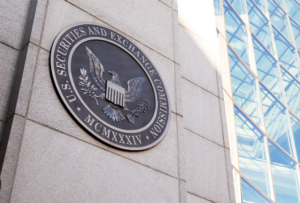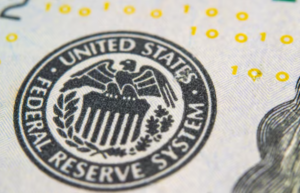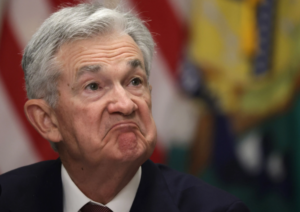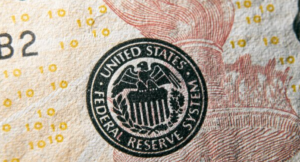#TrumpTrial #Publicity #EconomicProtectionism #GlobalTrade #ChinaUSRelations #EuropeanTariffs #Inflation #EurozoneEconomy
In the whirlwind of current political and economic events, former President Donald Trump has been found guilty of all charges in his highly publicized hush money trial. According to Bas van Geffen, a senior macro strategist at Rabobank, while this verdict may hinder Trump’s ability to vote for himself come November, its impact on his chances in the upcoming Presidential elections remains debatable. Contrary to dampening his electoral prospects, the conviction has sparked a significant surge in publicity and support for Trump, with a notable increase in campaign donations ensuing post-verdict. This unique situation challenges the oft-quoted adage, illustrating that not all publicity is necessarily bad, especially in the charged atmosphere of American politics.
Globally, the economic landscape is witnessing a pronounced shift towards protectionism, a trend that might gain further momentum with Trump’s potential return to power and his advocacy for universal tariffs. Recent actions by China, limiting the export of essential components and technologies in the aviation and aerospace sectors, coupled with threats of countermeasures against perceived threats by the US to its sovereignty and security interests, underscore the growing tension in international trade relations. Concurrently, Europe is nearing the conclusion of its probe into Chinese electric vehicles (EVs), a move that could result in punitive tariffs and potentially escalate the trade war further.
The repercussions of these geopolitical movements are evident in the shifting dynamics of global manufacturing and inflation trends. China’s manufacturing Purchasing Managers’ Index (PMI), having dipped below the neutral threshold, hints at the persisting domestic challenges and their potential to impact the global economy negatively. These developments come amidst efforts by Chinese authorities to stimulate growth through favorable policies targeted at renewing equipment and expanding investment spending. However, the effectiveness of such measures remains questionable as the data shows a notable divergence in performance among small, medium, and large enterprises. This sluggish growth, alongside instances of deflationary pressures and protectionist responses from the West, signals a broader economic standoff that could exacerbate already high inflation rates in Europe. The struggle to balance rising costs against consumer demand continues to pose a challenge, with the European Central Bank (ECB) and policymakers closely monitoring wage trends and business confidence surveys to gauge the future direction of the economy. As the globe braces for potential shifts in policy and trade dynamics, the intersection of political events and economic strategies remains a crucial focal point for investors and policymakers alike.







Comments are closed.